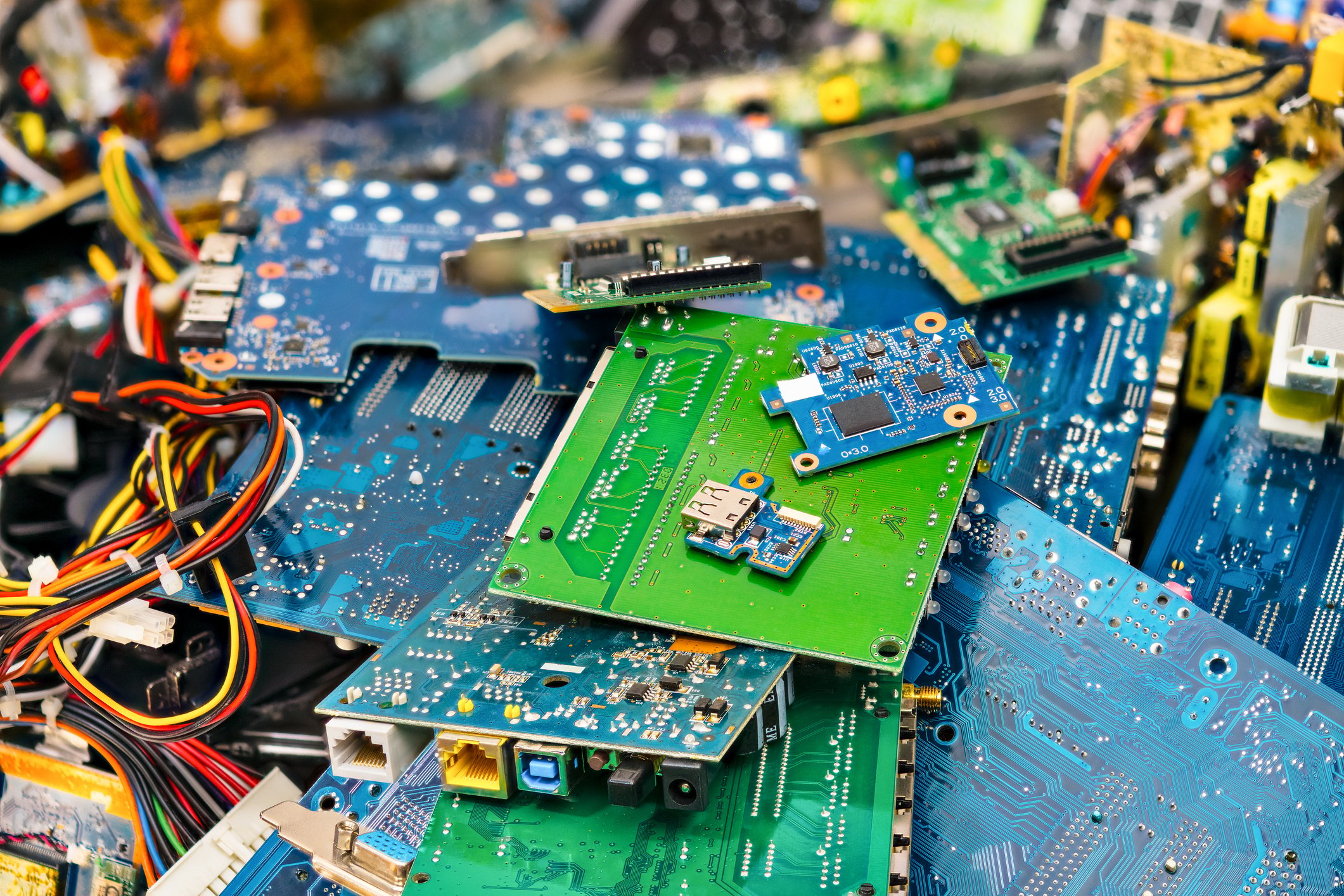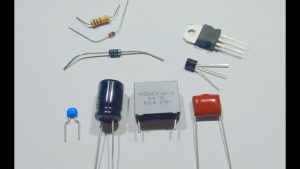In the ever-evolving world of technology, the terms 'electronic' and 'electronics' are often used interchangeably. However, these two terms, while closely related, have distinct meanings and applications. This article aims to delve into the nuances of these terms, providing a comprehensive understanding of their differences and their roles in our digital society.
Electronic, as an adjective, refers to devices, systems, or equipment that operate using the principles of electronics. It pertains to the use of electron flow through semiconductors, vacuum tubes, and other components to control, process, and distribute information or power. Examples of electronic devices include televisions, computers, and smartphones, which utilize electronic circuits and components to perform their functions.
On the other hand, electronics is a noun that refers to the study, design, and application of devices and systems that use the flow of electrons in a vacuum, gaseous medium, or semiconductor. It is a branch of physics and electrical engineering that deals with the emission, behavior, and effects of electrons. Electronics encompasses a wide range of applications, from consumer electronics like televisions and smartphones to industrial electronics like control systems and power distribution.
The primary difference between electronic and electronics lies in their usage and context. 'Electronic' is used to describe devices or systems that operate based on the principles of electronics. In contrast, 'electronics' refers to the scientific and engineering field that studies and designs these electronic devices and systems.
Understanding the difference between these two terms is crucial, especially in the realm of technology and engineering. It allows for more precise communication and understanding, particularly in academic, research, and industrial settings. Moreover, it provides a clearer perspective on the vast and complex world of technology that we interact with daily.
In the context of the digital age, both electronic and electronics play pivotal roles. Electronic devices have become integral parts of our daily lives, enabling us to communicate, work, and entertain ourselves. Meanwhile, the field of electronics continues to push the boundaries of technology, leading to innovations that shape our society and future.
In conclusion, while 'electronic' and 'electronics' may seem similar at first glance, they have distinct meanings and applications. By understanding these differences, we can better appreciate the intricacies of the technology that surrounds us and the scientific and engineering principles that make it possible.




+ There are no comments
Add yours